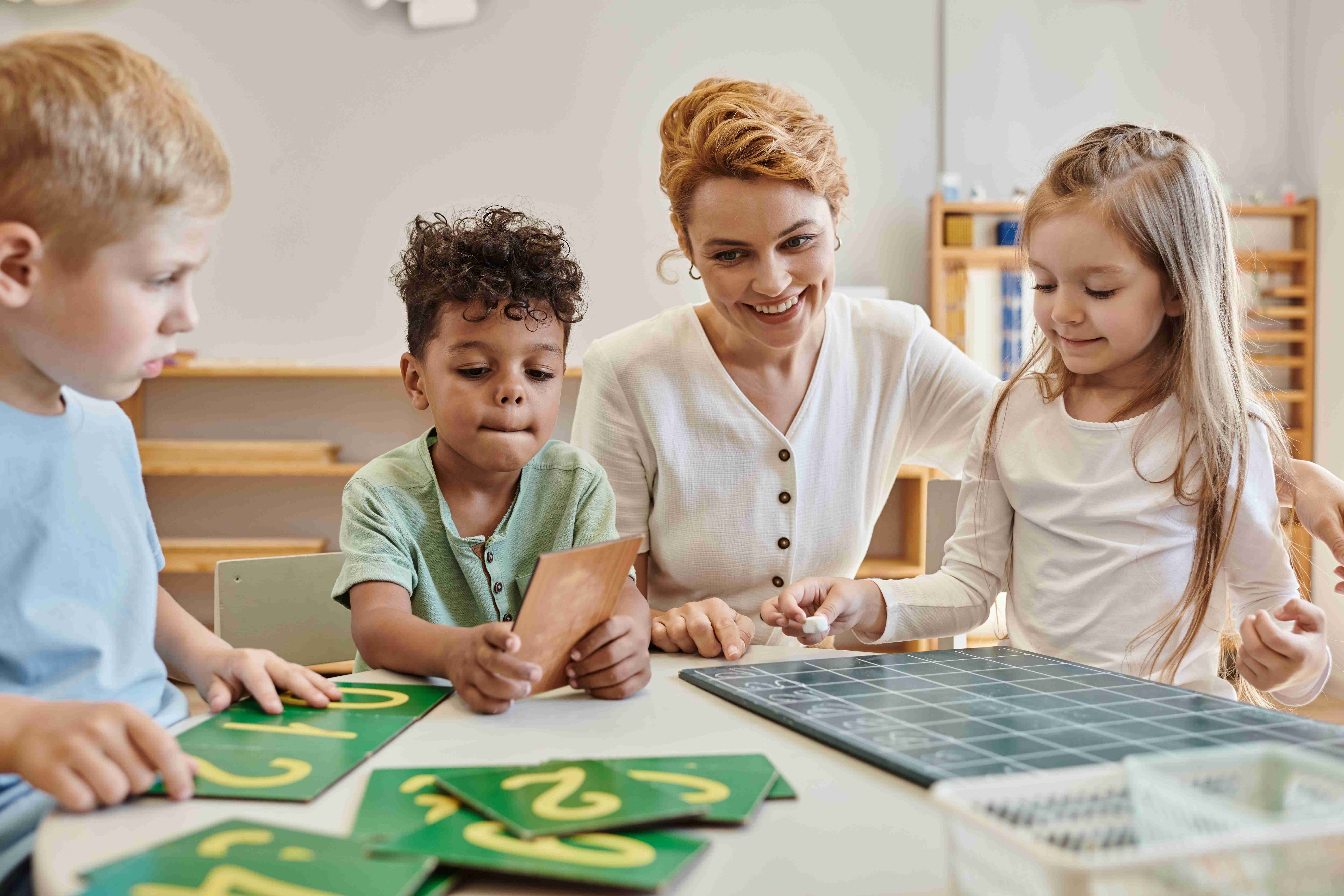Whether your child has good manners, a helpful and sharing nature, or irresistible charm, parents cannot help worrying about their children’s social life. They are concerned about whether they will make friends at school; or whether they will become isolated because of their selfish and aggressive impulses; or maybe their heavy tongue will limit their interaction.

Research shows that humans are born ready to socialize, but parents play a big role in building the verbal and interpersonal skills of their children that will make it easier for them to make friends. Children should also be taught about emotional self-control.
Here are some useful tips to help your child make friends:
- Train Your Children To Keep Their Emotions Under Control
Everyone has a spurt of selfish impulses and negative emotions, but learning to keep these under control is key to making friends. Research shows that talking to children about their feelings in a compassionate, problem-solving way can help them develop superior emotional self-control. This is in contrast to punishment (‘go cool off in your room’) or trivializing (‘stop being silly’) that make it harder for children to maintain self-control.
- Be A Good Listener
Being sympathetic to your child’s feelings requires you to concentrate on listening to their grievances. Listening calmly allows you to respond appropriately and empower your child to respond properly. For instance, asking your child questions like: “What have you done about it?” or “How did that go?” or “What do you plan to try next?” will cause them to take charge of their emotions and convert them into energy.
- Be Authoritative But Not Authoritarian
Research shows that authoritarian parenting, which is characterized by minimal sympathy and more control, increases the chances of children being rejected by their peers. These parents try to control their children’s behaviour instead of promoting thoughtful discussion. They also solve problems through punishment instead of dialogue to find a way to move forward.
Authoritative parenting, on the other hand, exercises high levels of control where parents define limits, demand maturity, and shape the behaviour of their children through rational discussion and explanation. This is more likely to develop a sense of right and wrong and minimal aggression or hostility.
- Teach Your Children To Converse Politely And Read Facial Expressions
This includes engaging children in family conversations and offering guidance on how they can make new friends. Research shows that unpopular children develop more social competence after training in “active listening”, which includes paying attention to the person speaking, making eye contact, and making appropriate verbal and non-verbal responses.
Last but not least, you may choose to monitor your child’s social life, perhaps by organizing social activities. Exposing your child to different social encounters that appeal to your child’s interests and social-skill level can help you identify areas where they need help.
For more tips on helping your child improve socially, contact Childventures Early Learning Academy today.
